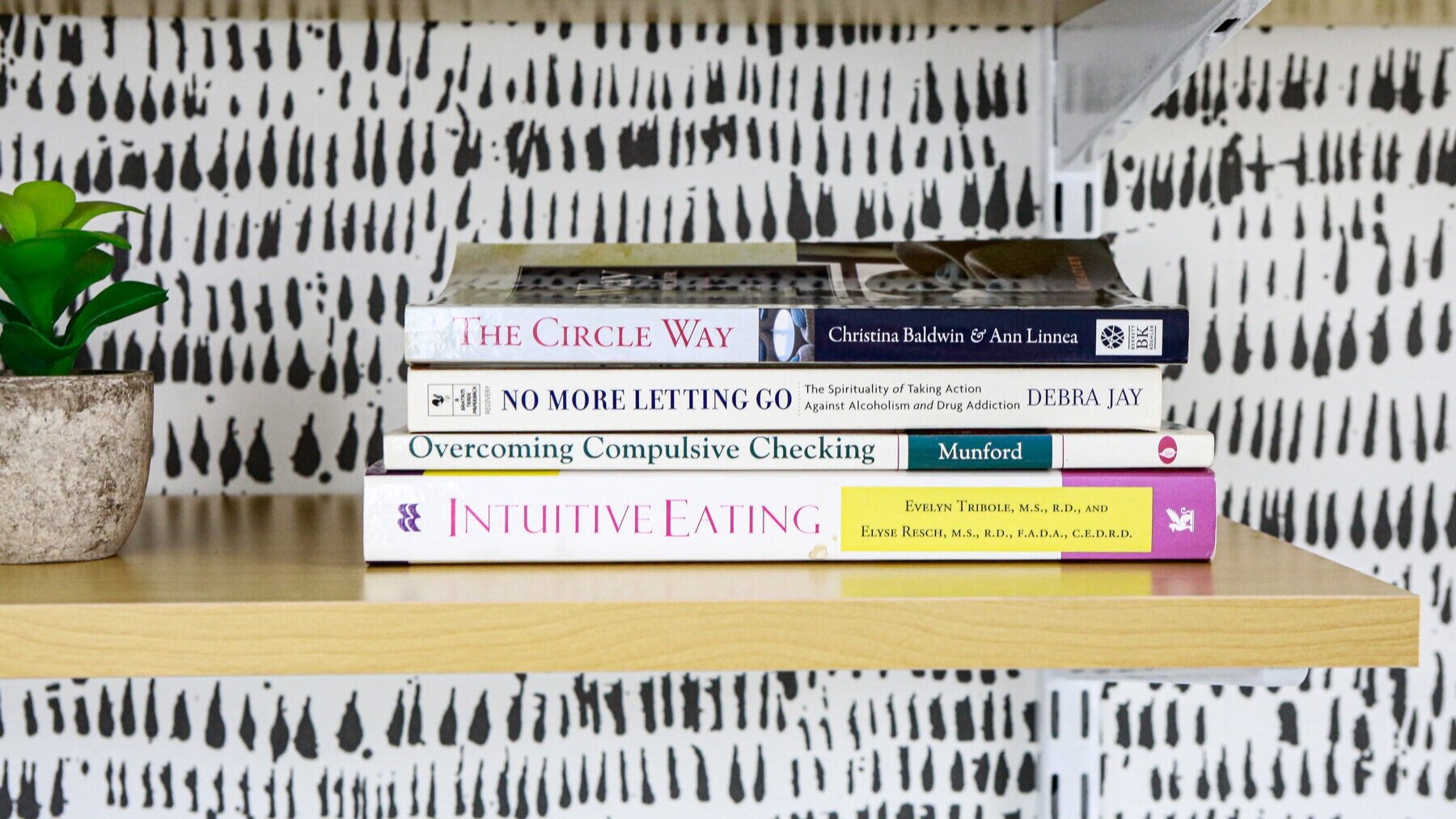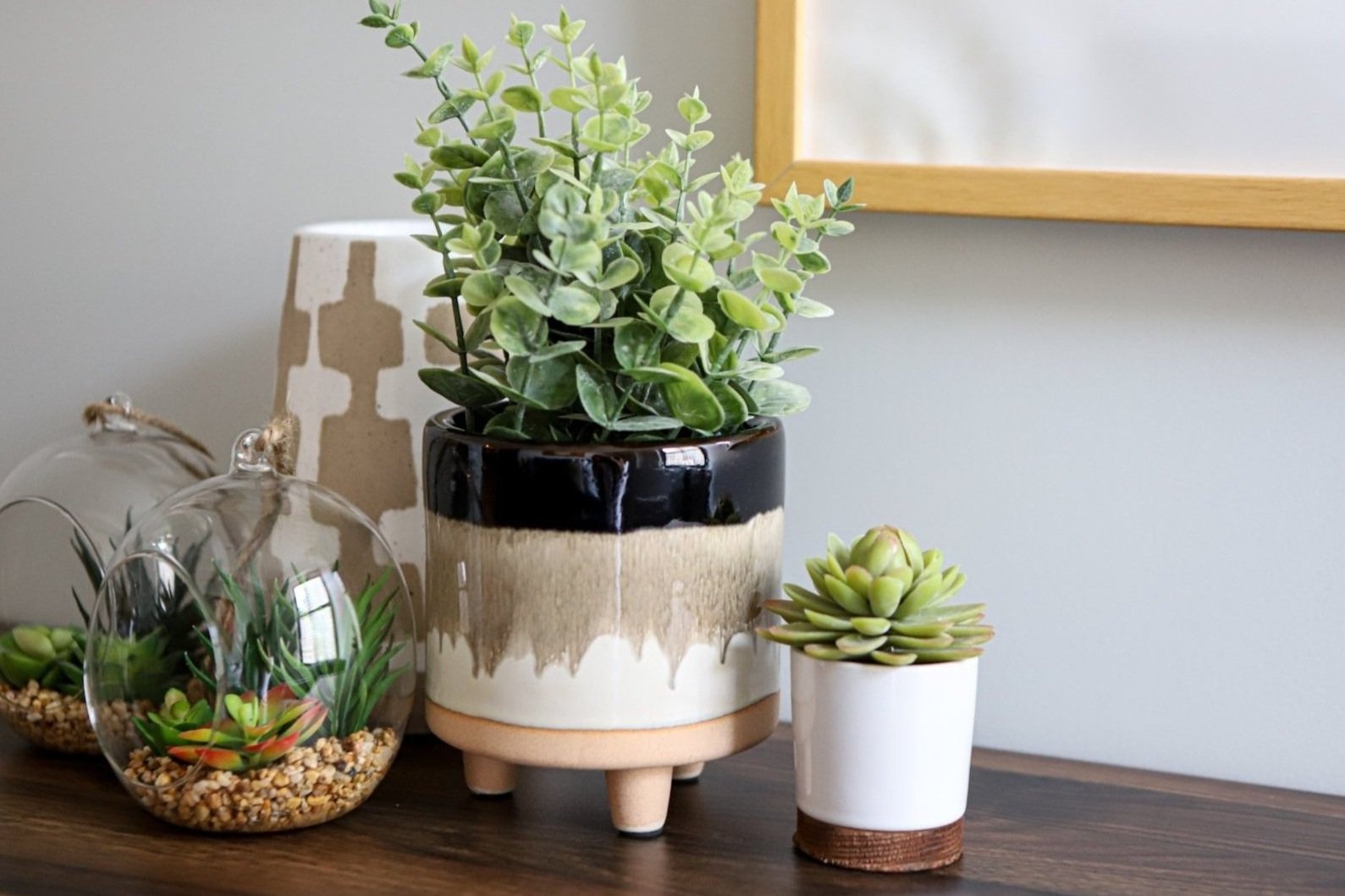Should I Stay or Should I Go?
If you have been keeping up with my earlier posts in this series, you have learned how not to let your insecurities interfere with getting what you want and how to show yourself some compassion. Now it’s time to dive into the question that may be occupying your thoughts early on in a new relationship, should I stay or should I go?
Your list
In previous posts I stated that it’s good to apply the same rules to romance that helped you earn success in school, work, and life. This means that you should decide what’s not negotiable and stick to it without apologizing. Now take it one step further and write it down. There is something that is very clarifying about actually writing down what you need from a relationship. Practice journaling your list of absolutes and get support from your trusted friends.
What exactly is on your list? Does it consist mostly of physical, material, or otherwise superficial qualities? These ephemeral criteria are roadblocks to happiness and fulfillment. Deeper fulfillment is based on shared core values, beliefs, and passions. Focus on attributes that reflect on your prospective partner’s character. Some themes for additional consideration:; level of commitment, what you both want for the future, sexual chemistry, trust, respect, and of course, the freedom to be yourself. It may seem obvious, but it’s also important to really enjoy the time you spend with the person.
Know your attachment style in a relationship
One resource I refer to in my practice and a sort of bible for many relationship therapists is the book Attached: The Science of Adult Attachment. The book examines whether the patterns of attachment that apply in early childhood also explain the attachments we make as adults in romantic relationships. It turns out that your and your partner’s dominant style plays a big role in your experience of the relationship. Are either of you anxious, secure, or avoidant? These styles, formed in early childhood, can affect the relationships and attachments you will make later in life.
Often the drama that occurs in relationships stems from when one person is an anxious attachment type and the other is avoidant. Anxious attachment style types can be extra sensitive to the slightest threat of closeness, and often act out in displays of jealousy and mistrust. If your partner is more of the anxious attachment type, you can tune into this dynamic, showing understanding and nurture them when it is needed. If you feel that you are constantly falling short of their expectations and they blame you for not meeting their needs, then that could be a sign that what you have to give will never be enough and it’s best that you end things before they deteriorate further.
If you are the anxious one, then you also need to recognize your own need for nurturing and closeness. You may also need to challenge what the perceived threats are to the relationship. If you are anxious, make sure you add specific criteria to your list of qualities you are seeking in a partner. What type of personality will help you feel more secure? The first two posts in this series also offer some helpful tips on ways to recognize your self-worth.
When you understand where you and your new love interest are in this framework, then you can determine what your next steps will be. Having different styles, such as one person being anxious and the other avoidant, doesn’t necessarily spell out doom for the couple, but it may mean you have to put more effort into making things work.
Can you try harder to overcome the ways your attachment style sabotages your relationships? Can you work through the problems that arise based on different wants, needs, and desires by learning communication techniques?
Pay attention to how you feel with the person
It’s not just about what fits neatly onto your list of qualities and attributes.
- From a “good” family? Check!
- Says please and thank you to waiters? Check!
- Open doors for you and picks up the tab more often than not? Check!
- Doesn’t drive a Porsche or play Rugby on the weekends? Check!
In addition to considering how you are being treated, it is important to realize how you feel about yourself when you are with the person. In earlier posts we concluded that when you are self-aware and own what you bring to the table, it’s easier to tune into how you are really feeling about yourself in the context of your relationship. Sometimes, your love interest can meet all of your criteria, but they still aren’t right for you. This might have to do with the ways your attachment styles differ, or perhaps there is a deeper misalignment that it not as easily identified. Sometimes, emotional abuse can be insidious, and not so obvious as name-calling or other direct insults. Tuning into how you feel about yourself when you are with this person is a very good way to get a sense of whether a relationship with this person might work.
Trust Your Gut
Making decisions early on in a relationship involves using both your head and your heart. If you consider yourself intuitive, than you may be tempted to make decisions based solely on your emotions, but you also need to apply logic.
Consider Dr. John Gottman’s research on the most toxic kinds of communication patterns in a marriage. These are contempt, criticism, stonewalling, and defensiveness, which he calls the “Four Horseman of the Apocalypse.” Gottman claims his research allows him to predict divorce with alarming accuracy. Based on Gottman’s research, if you detect these four toxic patterns early on, the relationship won’t last. Observe your partner and watch for destructive patterns, and use this data to help you make decisions about whether this is a person that is worthy of your attention.
The best decision you can make relies on your ability to balance your emotions with logic. If you consider yourself someone who is highly intuitive and lead with your gut feeling, consider that there is probably a basis to support that instinct, but also make sure you gather all the facts.
It is better to have loved…
Just because there is a strong physical attraction, a solid friendship, or a comfortable situation, doesn’t mean a person is meant to be in your life forever, or really at all for that matter. Sometimes, it's easy to hang onto a relationship out of fear of the unknown, but fear is never a good motivating factor. When the chorus of doubt is deafening and starts to overshadow the hope of a promising future , it's time to move on. You can put yourself out there for new opportunities. You will always have your memories and the things you have learned in this relationship will help you in your next one.
I hope this series helps to get you thinking, and above all, honoring yourself and your desires. Stay tuned for the final post in this series, when we discuss the conditions you can create to attract love to your life.
Kerrie Thompson, LCSW is a psychotherapist in private practice in NYC. Contact her here for a free 15 minute consultation.











